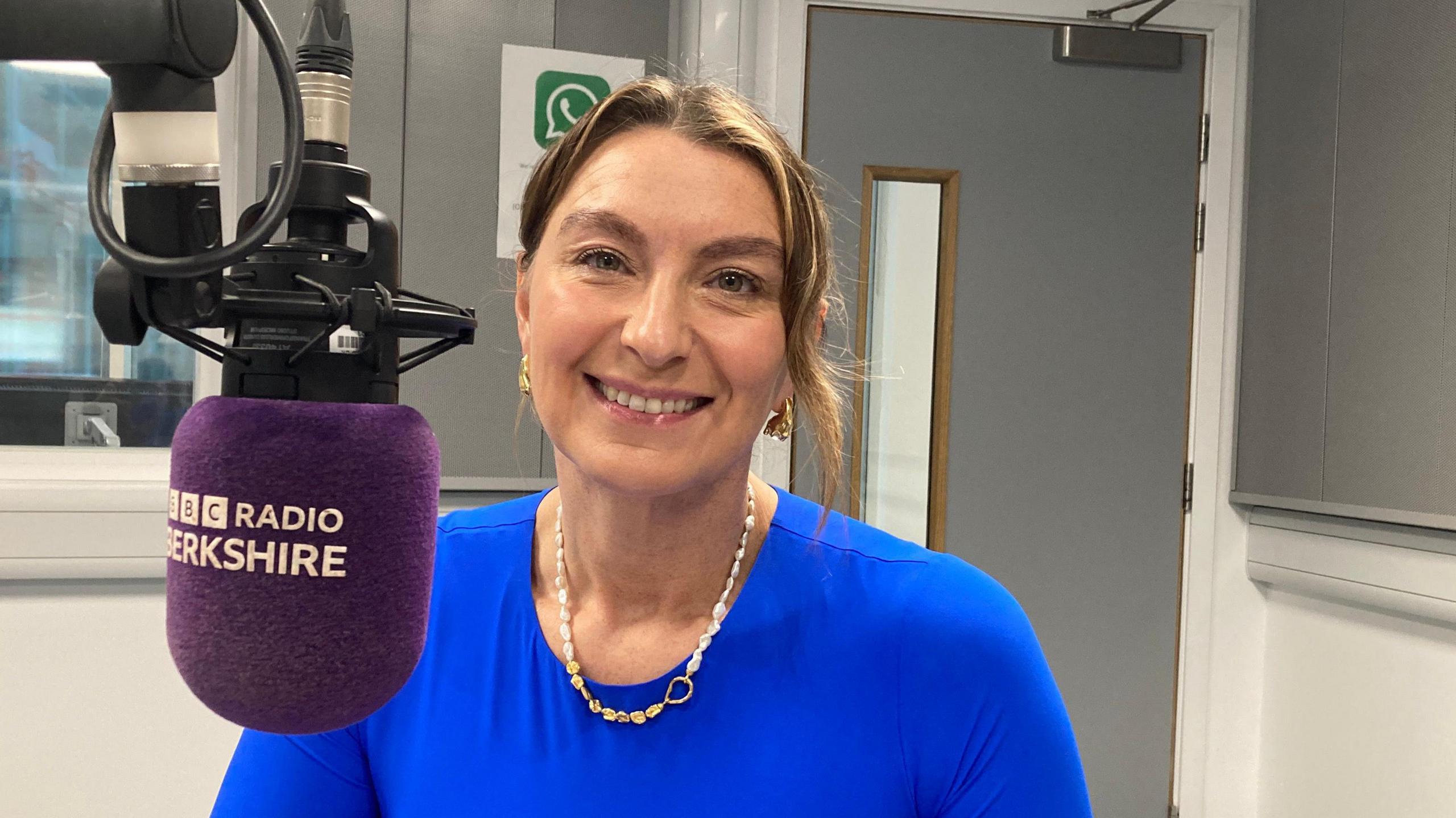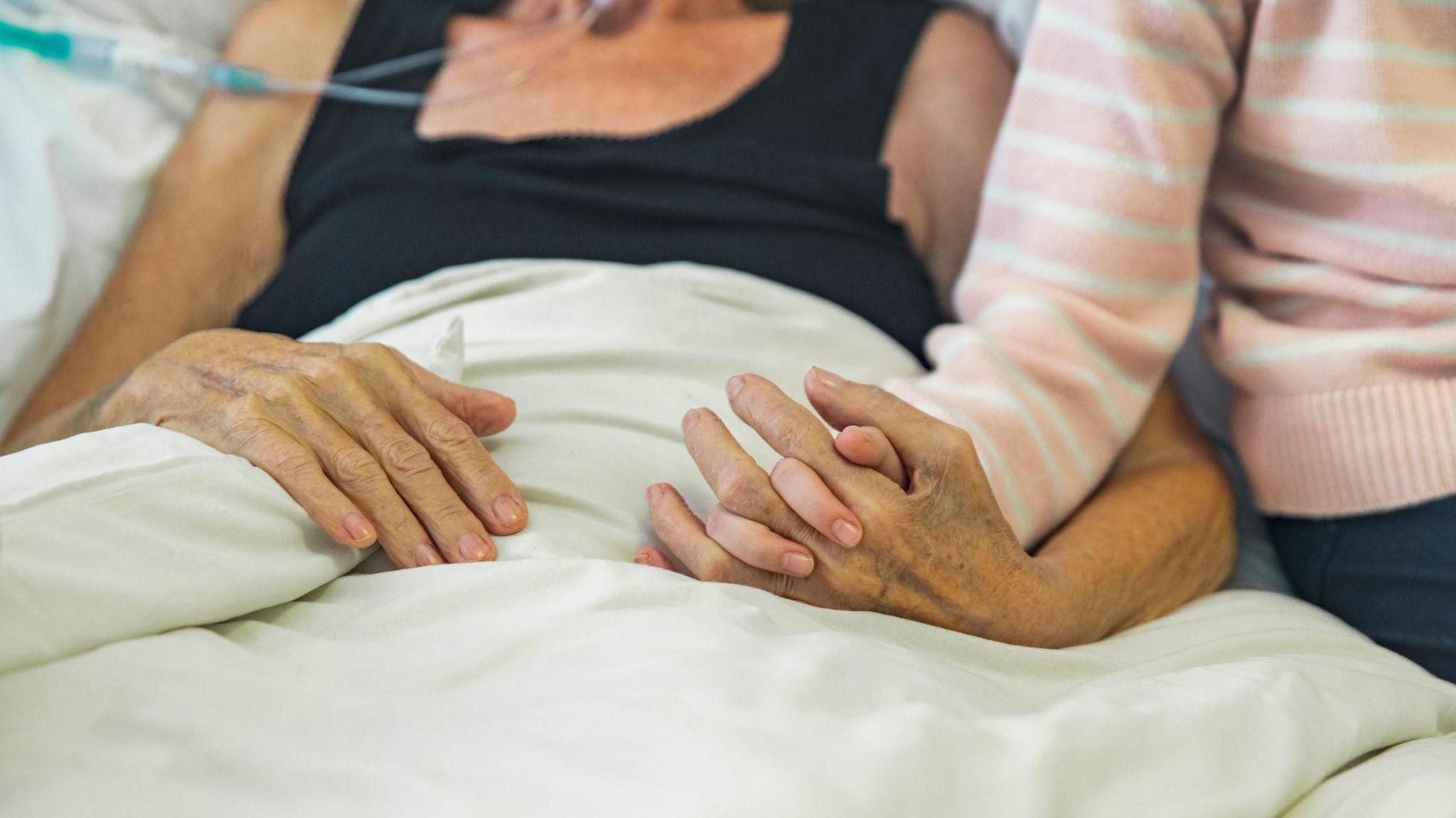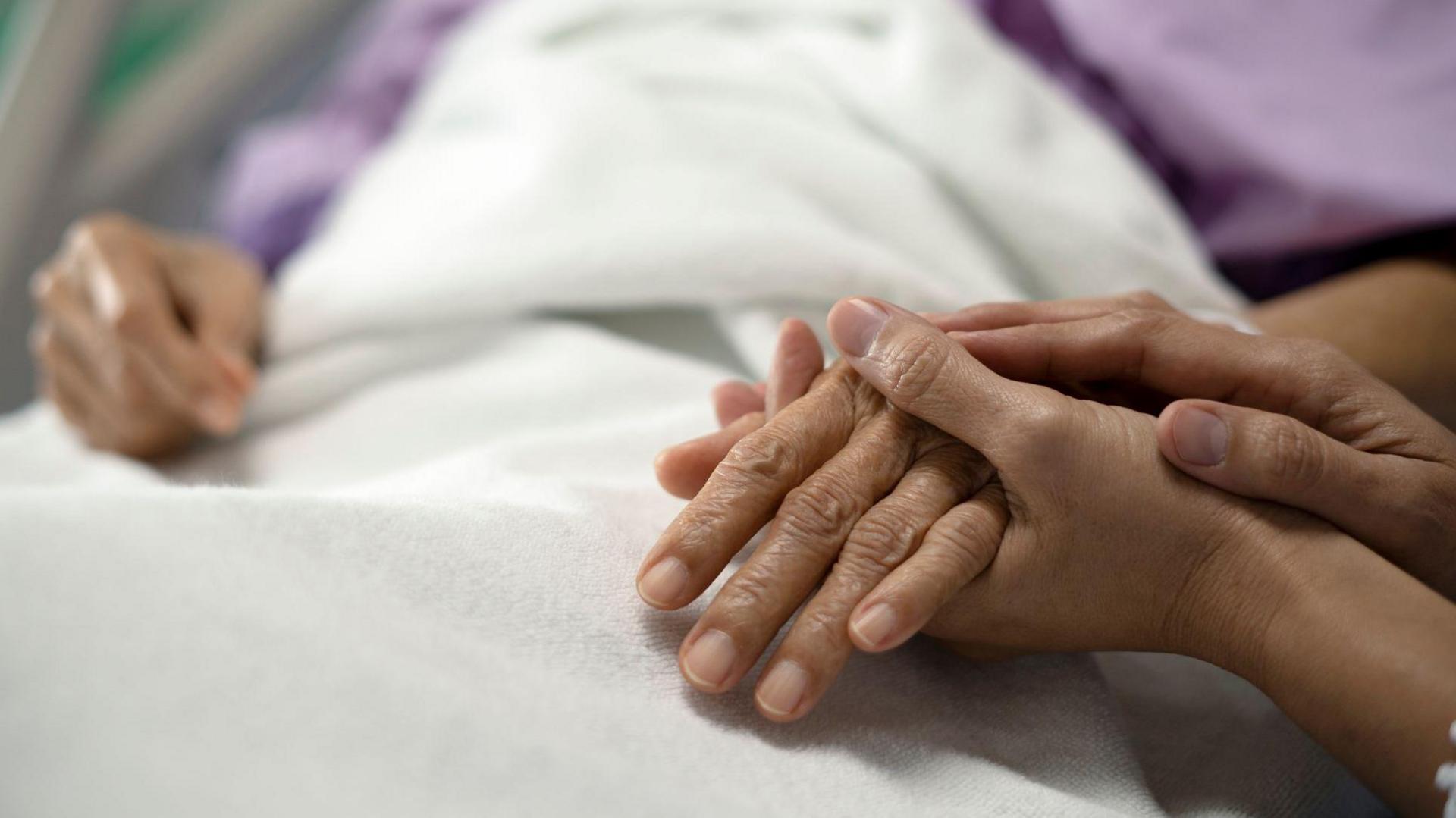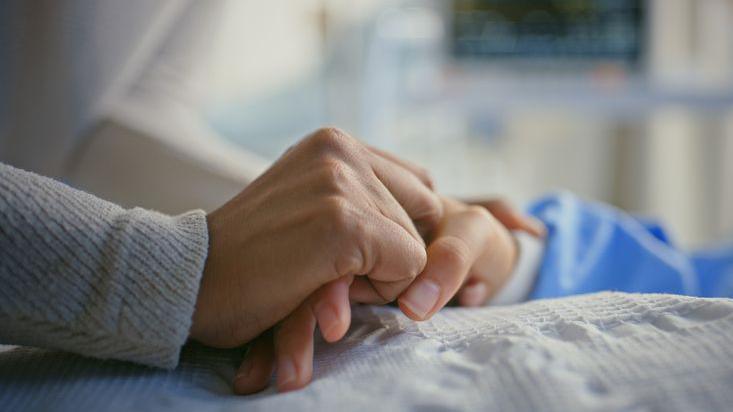Hospice boss calls for more government support

Dr de Caux joined Thames Hospice as its chief executive in December
- Published
The chief executive of a hospice due to post a £1m deficit in the face of rising costs has urged the government to provide more support.
Rachael de Caux, who runs Thames Hospice, said it faces paying an extra £650,000 from April because of rising National Insurance contributions and increases to the National Minimum Wage.
While she said a one-off £100m announced in December was appreciated, the sector was still "not funded properly".
"The NHS is supposed to be from cradle to grave and what we have is from cradle to a few months before," Dr de Caux told BBC Radio Berkshire.
"And then we have charity organisations such as ours picking it up."
Dr de Caux joined the hospice in December, having previously been the deputy chief executive and chief medical officer of the Buckinghamshire, Oxfordshire and Berkshire West Integrated Care Board (BOB ICB).
"What we are is a really key partner in the healthcare system," she said.
"A lot of people don't understand what hospices are until they either need them or someone they love needs them.
"And then they think: 'Oh my goodness, we cannot do without this.'"
She said the hospice cares for about 20% of its patients at its own premises at one time, with hundreds of others being treated in their homes or helped in other ways.
Rachael de Caux said hospices were a "really key partner" in the country's healthcare system
"We are always going to be grateful for any money that comes to us but that £100m that was announced before Christmas is actually a one-off spend over two years spread across 170 hospices. The devil is always in the detail," she said.
"We appreciate it but it does not really make any difference to our long-term sustainability and running costs. We have to raise £38,000 every single day just to keep our services running for our population.
"I don't want to be in a situation where I'm having to cut back services because I know the value they bring."
She said being a charity means it can be "agile" to respond to people's needs but that the sector needs more financial help.
"Do I think it's right that something as fundamental as end of life care is not funded properly? No, I don't," Dr de Caux said.
"One in four people in this country don't have access to the end of life care that they should have and that means that some people are dying on their own and in pain. That needs to be sorted. That is not correct."
The Department of Health and Social Care was approached to comment.
Get in touch
Do you have a story BBC Berkshire should cover?
You can follow BBC Berkshire on Facebook, external, X (Twitter), external, or Instagram, external.
Related topics
- Published31 January

- Published19 December 2024

- Published4 December 2024
